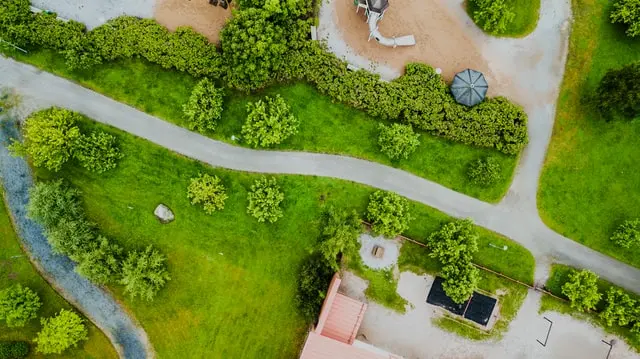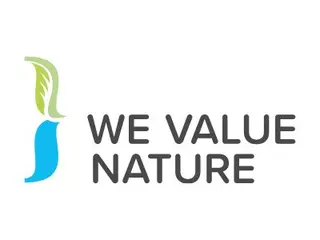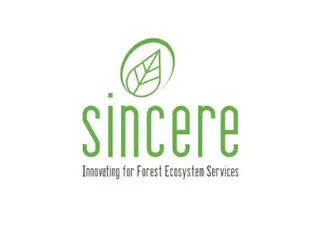Creating or restoring green spaces in cities, for example, can increase tourism revenues, provide recreational opportunities for citizens, and help lower temperatures and pollution levels in urban areas. Building oyster reefs in coastal areas can provide a nature-based solution to coastal erosion and storm surges, while also filtering contaminated seawater, fostering biodiversity, and supporting local fisheries.
IUCN works with governments, the private sector and the scientific community to raise awareness of the benefits of these types of solutions, and translate the latest science and knowledge on nature-based solutions into support and guidance for practical implementation.
Nature-based Solutions in Europe
In Europe, the IUCN European Regional Office works closely with EU institutions, EU member states and other key stakeholders to ensure that the concept of nature-based solutions is well-known, accepted, and reflected in policies across different sectors and levels of government.
In 2015, IUCN welcomed the European Commission’s decision to make nature-based solutions part of the Horizon 2020 programme for research and innovation which signifies a major step towards positioning the EU as a world leader in innovation with nature.





